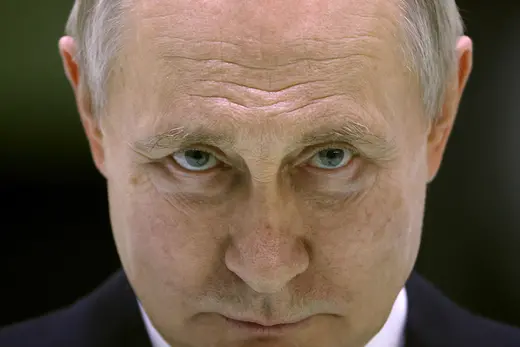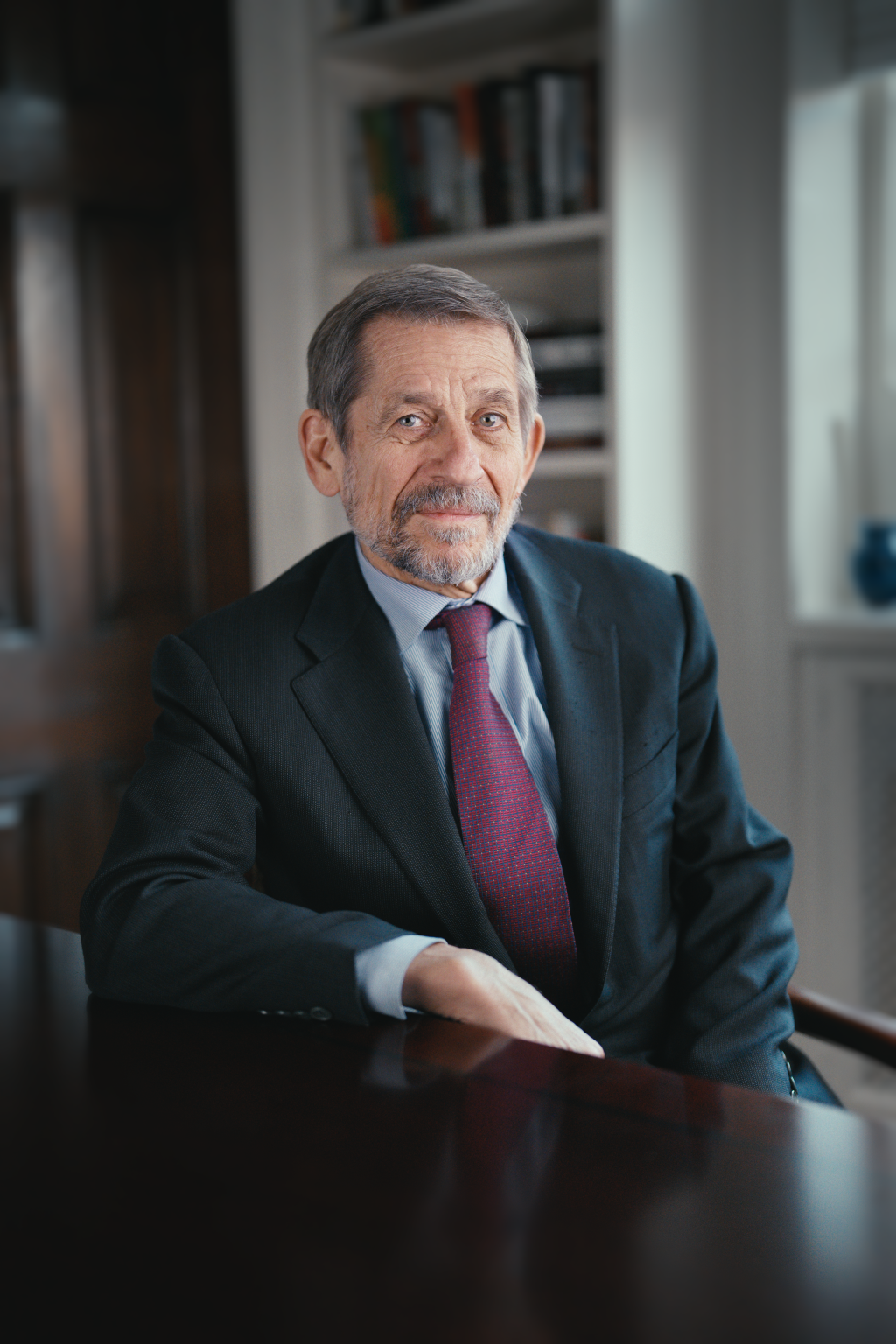How Firm Is Vladimir Putin’s Grip on Power?
President Vladimir Putin appears to be in firm control of Russia today, but in order to maintain it in the years ahead, he will have to manage at least three primary challenges.
Following the death this summer of Yevgeny Prigozhin, leader of the private military company Wagner Group, the expert consensus seems to be that Russian President Vladimir Putin is stronger than ever. What are the sources of his strength?
In the initial days after the mutiny of the mercenary Wagner forces under Prigozhin in June 2023, many experts argued that Putin had been severely, perhaps fatally, weakened. His subsequent actions, however, demonstrated his continuing mastery of the political situation in Russia. He purged senior military leaders of suspect loyalty, including General Sergey Surovikin, a close Prigozhin ally who once commanded Russian forces fighting in Ukraine. He compelled most Wagner fighters to join the Ministry of Defense. Prigozhin’s death in an airplane crash in August was—rightly or wrongly—seen as Putin’s retribution, underscoring the stiff price of disloyalty. At the same time, the Kremlin cracked down on military bloggers who had been extremely critical of the conduct of the war.
This should perhaps not be surprising. During the past two decades, Putin has proven to be a skillful and ruthless political operator, exploiting the inherent strengths of his position in the Russian political system. As president, he sits at the center of a vast web of patronage links that define the ruling elite: senior government officials and special services officers, the military brass, oligarchs and heads of major corporations, regional bosses, and leading academics and media representatives. Abruptly removing him risks collapsing the entire web, threatening the status and livelihood of each member of the Russian elite. Self-preservation thus provides a powerful incentive to remain loyal to Putin.
In addition, as president, Putin has broad authority to appoint loyalists to control the levers of power—the military and special services, key economic and financial institutions, the national media, and major corporations that manage the country’s immense natural resources. He also effectively handpicks regional leaders, although they are technically elected by popular vote in carefully orchestrated elections. Those appointments create strong bonds of personal loyalty across Russia, most importantly, at the center of the system in Moscow that undergird Putin’s power.
Could Putin nevertheless be ousted?
Putin is not invulnerable by any means. However, removing him without bringing down the whole system could require a finely tuned conspiracy among those that control real levers of power—a daunting task in a low-trust society such as Russia’s at a time of mounting political repression.
But it is not impossible. Pressure to remove him will grow if he proves to be incapable of effectively performing the leader’s three primary functions in Russia’s elite-based political system: to protect the elites from external foes, from the Russian people, and from one another. That is, Putin will have to manage the bitter struggle for property and power among Kremlin factions so that it does not spin out of control and jeopardize the existence of the system as a whole.
What are the challenges Putin faces going forward?
Putin will be tested in the coming months on all three fronts. In his words, the war in Ukraine is in large part a matter of protecting Russia against the hostile “collective West.” Despite significant setbacks in 2022 in and around Kyiv, Kharkiv, and Kherson, Russia has appeared to hold its own in 2023, both militarily and economically. The Ukrainian counteroffensive has stalled. The Russian economy is growing, despite Western sanctions. It appears that Western support for Ukraine is beginning to crack. Victory still looks to be within reach for Moscow. In short, the conflict so far has done little to erode Putin’s position.
As for the Russian people, Putin’s approval rating hovers around 80 percent, as it has since the beginning of the war. The next big test is the March 2024 presidential election. The Kremlin needs to show that it can bring voters out in a seemingly meaningless election to voice support for Putin. As in the past, the Kremlin will set goals for turnout and Putin’s share of the vote, likely to be upward of 70 percent for each. Meeting these targets would send an important signal to the elites that Putin is still the master of the political system. In this regard, fraud will not erode Putin’s prestige. To the contrary, it is yet another sign of his political dominance.

Managing elite competition is perhaps Putin’s most formidable challenge, as Western sanctions compel Russian elites to repatriate their fortunes and look for opportunities inside Russia. The rivalry for lucrative domestic economic assets is likely to sharpen, challenging Putin’s management skills. His failure to defuse the escalating battle between Prigozhin and the military brass last year was one reason for Prigozhin’s mutiny and the resulting momentary questions about the status of Putin’s power. How skillfully Putin handles the shuffling of cadres that usually accompanies presidential elections will be an important sign of his political strength next spring.
Putin appears to be in a strong political position, but Russian elite politics is opaque. There is little insight into what is happening behind the scenes, especially within the military and the special services, whose support is critical to Putin’s power and to any plotters seeking to remove him. If Putin is ousted, it will likely come as a surprise to the rest of the world, as it almost certainly will to Putin himself.
